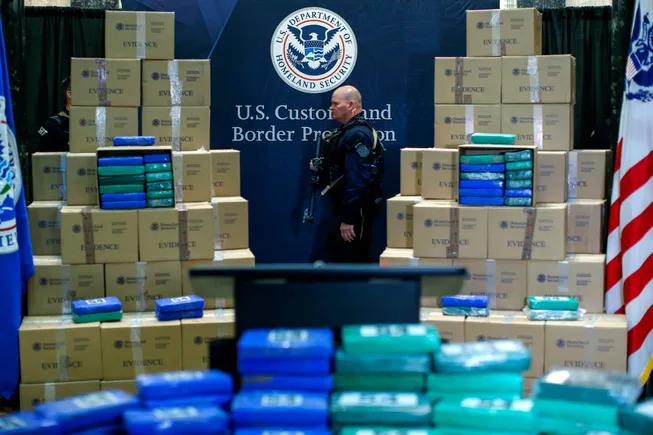The Return of the De Minimis Exemption for Chinese Products: An Overview
The de minimis exemption has recently been reinstated for products imported from China, albeit temporarily. This development follows a series of tariff actions initiated by the Trump administration, which initially terminated this exemption as part of a broader imposition of additional tariffs on Chinese goods. However, an amendment to the initial order has now reinstated the de minimis treatment for eligible products subject to these tariffs.
The reinstatement of the de minimis exemption allows for the importation of goods valued under $800 from China without incurring additional duties. This is particularly significant for businesses and e-commerce companies that rely on this exemption to facilitate the cost-effective importation of products. The exemption will remain in effect until the Secretary of Commerce informs the President that adequate systems are in place to efficiently process and collect the revenue associated with the tariffs imposed on these goods.
Implications for E-commerce and Cross-Border Shipping
The temporary resumption of the de minimis exemption is likely to be met with relief from various sectors, particularly those involved in e-commerce. With the exemption in place, companies can continue to import lower-value products from China without the burden of increased fees. This is crucial, considering that many businesses operate on thin margins and depend on the ability to offer competitive pricing to consumers.
When the initial order to eliminate the de minimis exemption was announced, experts indicated that many e-commerce shippers would face the challenge of adjusting their operational strategies to accommodate the new tariff rates. Given the short notice between the announcement and the effective date of the policy changes, companies had limited time to adapt, which could have resulted in significant disruptions in their supply chains.
Challenges Faced by Cross-Border Shippers
The situation for cross-border shippers was further complicated by the United States Postal Service (USPS) briefly suspending inbound packages from China and Hong Kong following the initial elimination of the de minimis exemption. This suspension raised concerns among shippers about the viability of their operations and the potential for higher costs associated with tariff compliance. After the USPS lifted the suspension, it communicated that it was collaborating with U.S. Customs and Border Protection (CBP) to establish a more effective collection method for the tariffs imposed on Chinese goods.
Industry Perspectives on the De Minimis Exemption
Industry leaders have expressed mixed feelings about the temporary reinstatement of the de minimis exemption. For instance, Izzy Rosenzweig, CEO of Portless, noted on LinkedIn that while the pause on the de minimis ban for China-based goods may not substantially alter the long-term landscape, it could provide a temporary benefit to the industry. Rosenzweig emphasized the importance of having the necessary technology in place for CBP to efficiently collect tariff revenues at scale, which would ultimately enhance the overall functionality of cross-border trade.
The Future of Tariffs and E-commerce
The landscape of tariffs and trade regulation continues to evolve, and the reinstatement of the de minimis exemption for Chinese goods is just one of many developments that could influence the future of e-commerce and international trade. As businesses navigate these changes, they must remain vigilant and adaptable to ensure compliance with regulatory requirements while maintaining operational efficiency.
In conclusion, the temporary return of the de minimis exemption for products imported from China provides a much-needed reprieve for businesses engaged in cross-border trade. However, the uncertainty surrounding the duration of this exemption, along with ongoing tariff discussions, underscores the need for businesses to develop robust strategies that can accommodate potential future changes in trade policy. With evolving regulations and an increasingly complex global trade environment, companies must stay informed and agile to thrive in this landscape.



